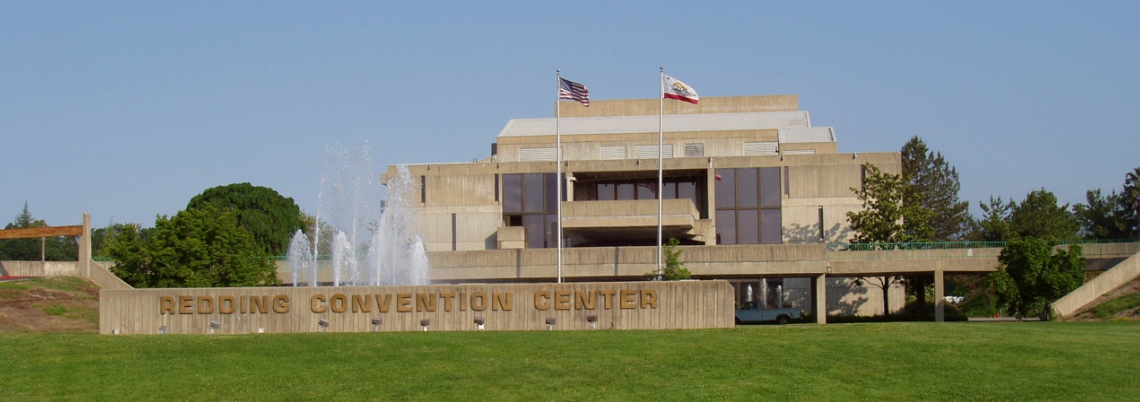SERIOUS JOY
Christians should be the happiest people on the planet! Think about it—Jesus prayed, “I come to You [Father]; and these things I speak in the world so that they may have My joy made full in themselves” (John 17:13). Jesus wants us to be full of His joy! Hebrews 1:9 says that Jesus was anointed with joy beyond His companions. This means He was happier than the people He hung out with. Now that’s a lot of joy!
To make us even happier, God sent His Holy Spirit into our lives to comfort us. It is amazing that He wants us to be comfortable. But wait, it gets even better. The Bible says that the fruit or evidence that the Holy Spirit is working in us is “love, joy, peace, patience, kindness, goodness, faithfulness, gentleness, self-control . . .” (Galatians 5:22–23). There is that joy word again. We have both the joy of Jesus and the joy of the Holy Spirit. Did you get that? We have been given a double anointing for joy!
JOY IS A FOREIGN EMOTION
Now if that does not get you excited, then how about this: “The kingdom of God is not eating and drinking, but righteousness and peace and joy in the Holy Spirit” (Romans 14:17). Wow, one third of the Kingdom is joy! The apostle Peter said that we should “greatly rejoice with joy inexpressible and full of glory” (1 Peter 1:8). But joy is a foreign emotion for many Christians because religious spirits have deviously crept into their souls and have stolen the abundant life that Jesus purchased for them.
THE POWER OF LAUGHTER
What cannot be expressed in words is often manifested in laughter. It is just really hard to be extremely joyful and not laugh! People have always known that laughter—good, honest belly laughter, of course; not the mocking kind—makes you feel better. Solomon said it thousands of years ago: “A joyful heart is good medicine” (Proverbs 17:22). However, modern medicine has only been seriously studying the specific benefits of laughter for about thirty years.
Norman Cousins is most often credited for putting the healing power of laughter on the map scientifically. Cousins was a political journalist and activist who, after a grueling trip to Russia, developed ankylosing spondylitis, a form of arthritis in the spine. Nearly immobilized by pain, he was informed by his doctor that only one person in five hundred ever recovered from this condition. At this, Cousins decided to take matters into his own hands. With the help of one of his doctors, he devised an unorthodox treatment plan. He moved out of the hospital into a hotel room, quit taking pain medication, started taking high doses of vitamin C and spent hours watching old Marx Brothers movies and Candid Camera spoofs in order to inspire laughter.
“It worked,” recorded Cousins in his book Anatomy of an Illness. “I made the joyous discovery that ten minutes of genuine belly laughter had an anesthetic effect and would give me at least two hours of pain-free sleep.”[1] After only a few weeks of this “treatment,” Cousins’s pain had diminished enough to allow him to return to work, and he went on to make a full recovery.
Scientists now have several theories about why laughter relieves pain. They think that it releases endorphins, relaxes our muscles or perhaps simply distracts us. They all agree, however, that Norman Cousins was not a special case. Laughter is definitely a painkiller! They have also been discovering that laughter does a whole host of other good things for our bodies, minds, emotions and relationships.
The physical act of laughter helps our bodies in three basic ways. First, it essentially does the same thing as a workout—it gets our lungs breathing more deeply, our hearts pumping faster and many of our muscles engaged, thereby improving our circulation and blood pressure. Second, it relaxes our bodies and stops our brains from producing stress hormones that suppress our immune systems, wear us down and make us vulnerable to disease. In 2005, doctors at the University of Maryland Medical Center declared that laughter is some of the “best medicine” for protecting us from America’s leading cause of death, heart disease, because it prevents stress from deteriorating the lining of our blood vessels.[2] Third, laughter activates our immune systems. Studies have shown that laughter increases our natural defenses against cancer, viruses and upper-respiratory problems.[3]
LAUGHTER THERAPY
Laughter and humor are also vital tools for creating and sustaining mental and emotional health, which, of course, directly affects our physical health. The many stresses we experience produce negative emotions like fear, grief and anger. Unless those are processed through cathartic releases like laughing, crying or yelling, they make us toxic in body and mind. The increasing number of mental health professionals in the “laughter therapy” movement argue that just as laughter on the physical level not only stops harmful stress hormones, it also stimulates helpful disease-fighting agents. On the emotional and mental levels, laughter not only diffuses negative thoughts and emotions; it also produces positive emotions like hope and elation and allows us to create new, more optimistic perspectives on our circumstances.
LAUGH YOUR WAY TO WHOLENESS
Long before I read anything on what scientists were learning in their experiments with laughter, God was already causing His people to laugh their way into wholeness. While many sneered and mocked, millions of people were becoming whole. I guess Solomon had it right thousands of years ago when he wrote, “A merry heart doeth good medicine” (Proverbs 17:22, KJV). Maybe it is time for the Church of the living God to become a pharmacy!
Have you experience the healing power of laughter? Tell me about it in the comments below.
_________________________________________
[1] Norman Cousins, Anatomy of an Illness,(New York: W.W. Norton & Company, Inc., 1979), 43.
[2] Michelle W. Murray, “Laughter Is the ‘Best Medicine’ For Your Heart,” July 14, 2009, UMM.edu,
(http://www.umm.edu/features/laughter.htm), accessed September 15, 2010.
[3] Marshall Brain, “How Laughter Works,” April 01, 2000, HowStuffWorks.com, (http://health.howstuffworks.com/mental-health/human-nature/other-emotions/laughter.htm), accessed September 15, 2010.
_________________________________________




